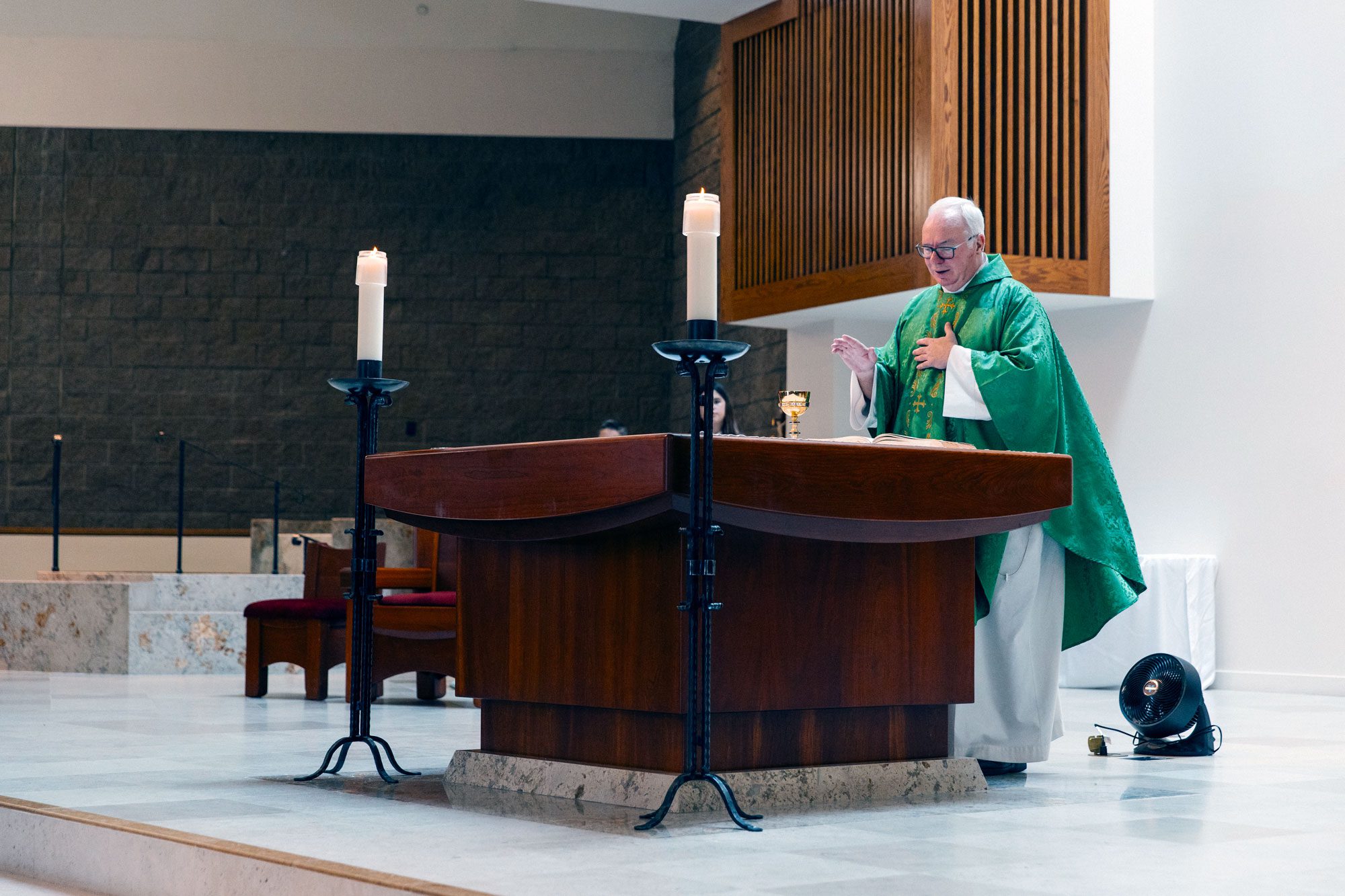Hey Ya’ll,
Some folks I know just came back from their first trip to Europe. They were excited to tell me about their experience of the “old country”. A kingdom which had once been their ancestral home. And they were telling me how much they loved old-world charm. They effusively described cobblestoned passages, low ceilings, ancient hand-hewed beams, and giant fireplaces. Such an experience stirs up the imagination with romantic notions, heroic ideals, historical musing.
Now, I didn’t want to steal a wonderful post-vacation glow by reminding them that the ancestors probably left the old country because they were starving or were oppressed or they were refugees. I didn’t want to burst their imaginative bubble by mentioning the charm of old-world plagues, famines, superstition, despots and tyrants. And I didn’t take the opportunity to remind them of the multitude of ancient skeletons in the closet which act as profound memento mori. Souvenirs that remind us of our own mortality, of our past sins, regrets, mistakes and failures, and the inevitable transformation of life into death. That’s all very old-world too. So, while I didn’t say any of these things to my traveling friends, I just said all those things to y’all. We’re all involved victims of the old-world, to an extent.
Remember the last line of last Sunday’s second reading? Jesus Christ, the Alpha and the Omega, the Beginning and the End, the One who sat on the throne of Heaven said,
“Behold, I make all things new.” That’s the source from which blossoms the revelation of our second reading today.
Our second reading is about a future fulfilled in a new heaven and a new earth and a new holy city of Jerusalem where the past is redeemed. The names of the twelve tribes of ancient Israel are set, bejeweled on the city walls, while the names of the twelve Apostles are set as the most stalwart of foundations. The curse of the old world of fallen humanity is no more. Faith is fulfilled, hope is a nostalgic fragrance and God’s love, and love of God is the pure air on which all exist. God is light from light and the Lamb of God is the victorious, ever-burning lamp. There is no more reason for a momento mori in this new Jerusalem. Instead, the holy city is full of the eternal and everlasting presence of God. Jesus, the Christ, makes all this new.
Now, this might sound too good to be true, but it’s promised to us in this penultimate chapter of the Book of Revelation. And by faith and hope in our God, Father, Son and Spirit, I yearn for this newness of life. I think that we should all exercise our imaginations in contemplating this Scripture passage. Accepting the truth of such a future for ourselves will encourage us in our lives as Christians. So, enjoy the charm of the nostalgic old, but yearn for the glory of the new revealed to us through the love of God.
Blessings, Fr. Reynold

